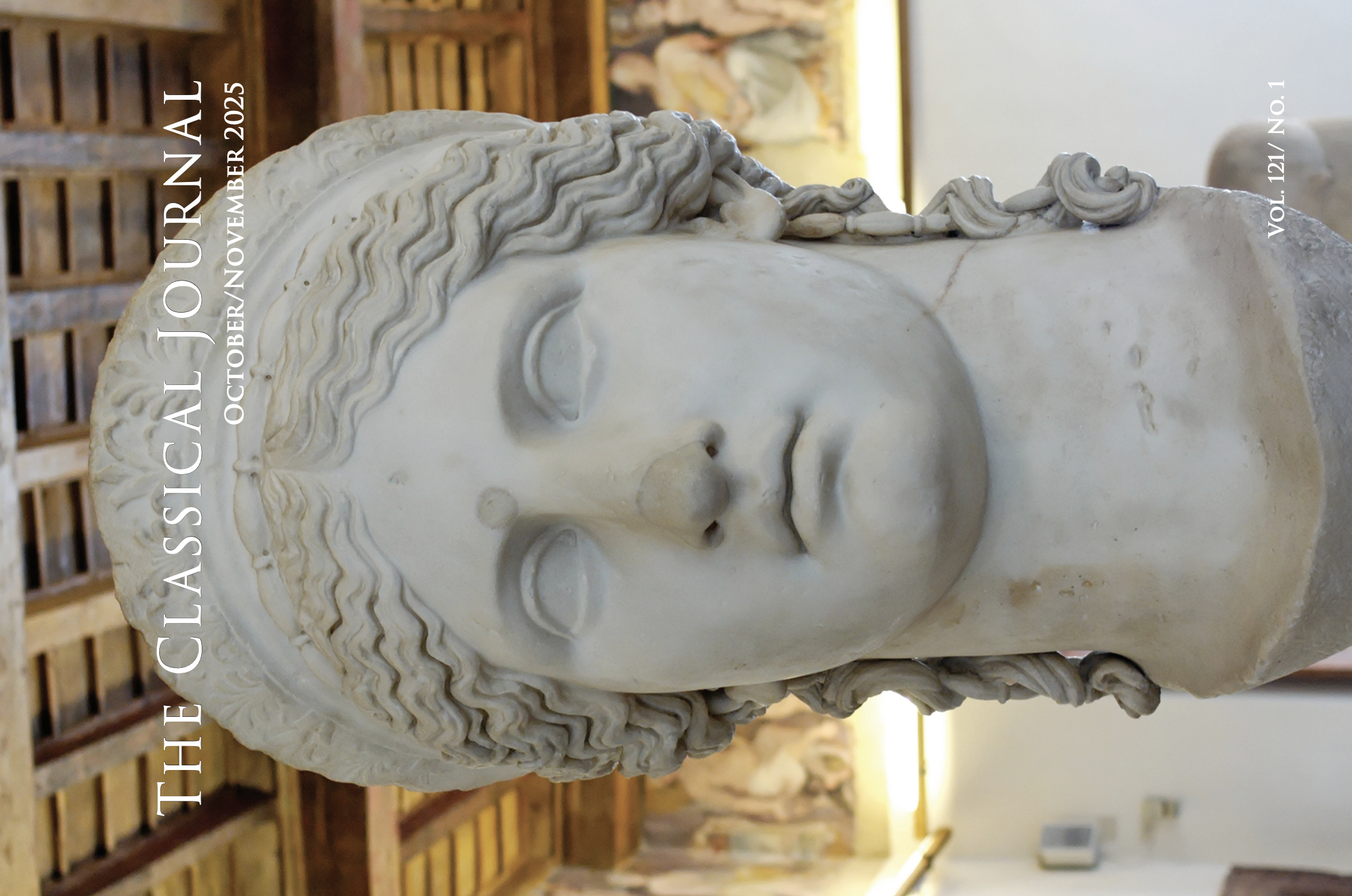The study of Latin and/or Ancient Greek is said to have a wide array of cognitive and non-cognitive benefits, from language aptitude to cultural awareness, from reasoning ability to self-discipline, et cetera. These presumed benefits are frequently mentioned as arguments in favor of studying classical languages in school. What is less well-known, is the existence of an extensive empirical research literature on this topic. For the first time, we present here the field of classical language impact studies, a part of the history of classical scholarship which has not yet been recognized as such. We take stock of this fascinating field that above all came into being because classicists sought to defend their discipline and its place within education. After a general introduction to classical language impact studies and its characteristics, we devote most of this contribution to American research on cognitive impact, from the very beginning in the early 1900s until the present day. The findings and the methods by which they were arrived at are thoroughly discussed and contextualized, both from a historical and a cognitive-psychological viewpoint. We conclude that more methodologically refined studies will be necessary to answer the field’s pressing research questions.
Does Studying Latin Make Pupils Smarter? Presenting the Field of Classical Language Impact Studies
Issue to which the article belongs:
120.4
Position in issue's running order (enter any integer):
5
Abstract of Article:


